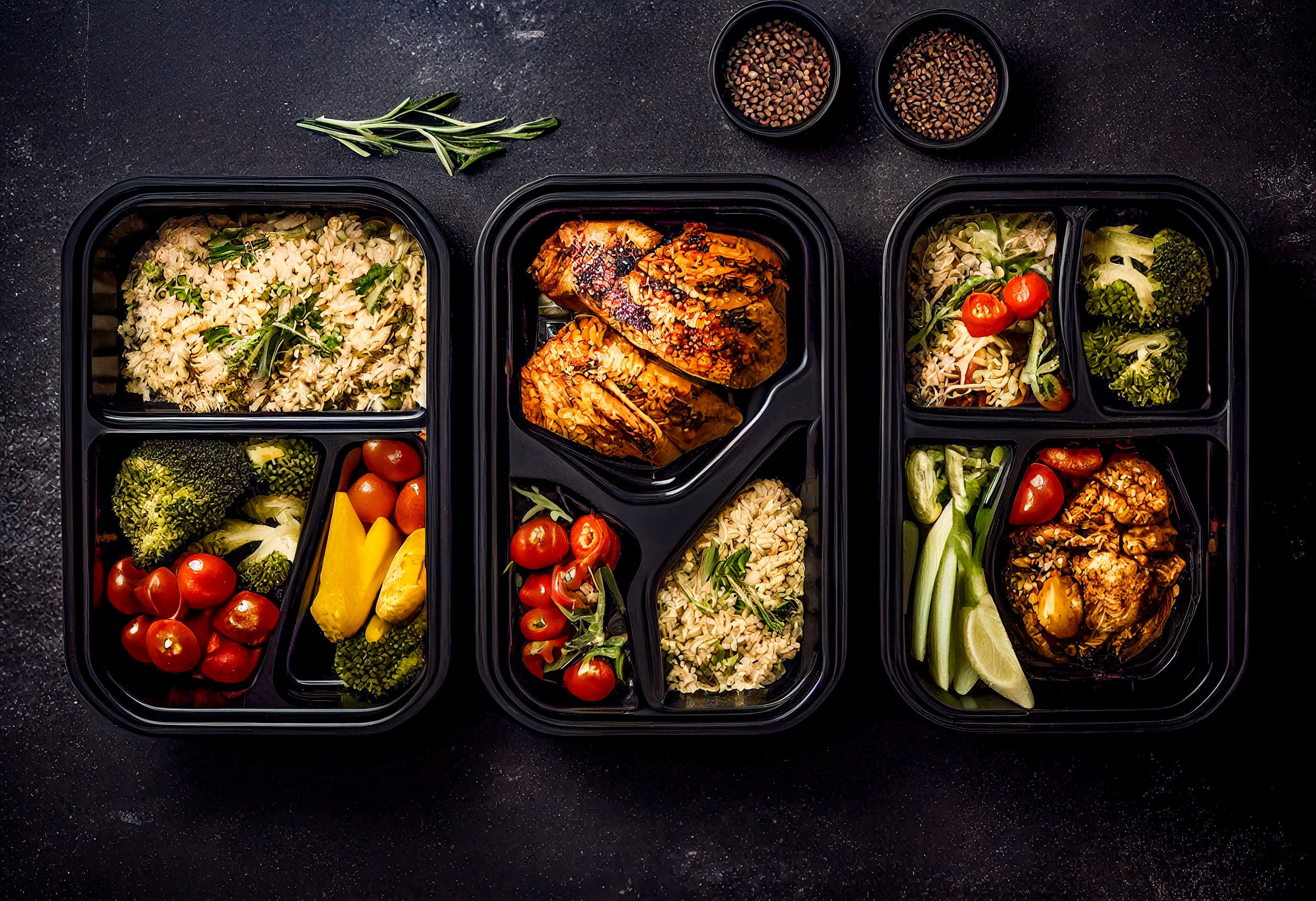Your Key to Success when Tracking Macros: Pre-Log
If you are reading this, you are deep into Macros or at least have started to track. The one thing I re-iterate the most when I have a brand new client is: Pre-Logging! It’s a crucial step in this process that often goes overlooked but can make a world of difference. Today, we'll delve into the importance of pre-logging when tracking macros and how it can help you stay on track with your nutrition goals.
Ensures Accuracy. One of the primary reasons pre-logging is important when tracking macros is accuracy. When you log your food intake in advance, you have the opportunity to plan your meals carefully and make sure they align with your macro goals. This allows you to account for any adjustments you might need to make throughout the day to meet your targets accurately. Without pre-logging, it's easy to get caught up in the moment, potentially overeating or underestimating your macro intake.
2. Promotes Mindful Eating. Pre-logging encourages mindful eating. By taking the time to plan your meals ahead of time, you become more aware of what you're consuming. This awareness can help you make better food choices, resist temptation, and avoid impulsive snacking. It puts you in control of your nutrition, rather than letting cravings and circumstances dictate your choices.
3. Prevents Overeating. Overeating is a common pitfall when tracking macros. Without pre-logging, it's easy to underestimate portion sizes or consume extra calories that can throw your macro targets off balance. Pre-logging helps you stick to your plan and avoid accidentally exceeding your daily limits, ensuring that you stay on the path to your fitness goals.
4. Efficient Time Management. Planning your meals in advance can save you valuable time and reduce stress during the day. Instead of spending extra time calculating macros and searching for suitable foods, you can simply follow the plan you've already created. This can be especially beneficial for those with busy schedules or limited time for meal preparation.
5. Flexibility and Adaptability. Pre-logging doesn't mean you're locked into a rigid meal plan. It allows for flexibility and adaptability. If unexpected events or changes in your schedule occur, you can adjust your pre-logged meals accordingly while still staying within your macro targets. This flexibility can make macro tracking more sustainable and less restrictive.
6. Accountability. When you pre-log your meals, you create a level of accountability for yourself. You're more likely to stick to your plan when you've already committed it to paper (or an app). This accountability can be a powerful motivator, helping you stay consistent with your macro tracking and, ultimately, your fitness goals.
7. Provides Insight and Feedback. Lastly, pre-logging can provide valuable insights into your eating habits. Over time, you can review your pre-logged data to identify patterns, make adjustments, and refine your approach to macro tracking. This self-reflection can be instrumental in achieving long-term success with your nutrition goals.
In the world of macro tracking, pre-logging is a secret weapon that should not be underestimated. It enhances accuracy, promotes mindfulness, prevents overeating, and streamlines your meal planning. By incorporating pre-logging into your nutrition strategy, you can stay on track with your macros and move closer to achieving your fitness and health objectives. Remember, success often begins with careful planning, and pre-logging is your ticket to a more controlled and effective macro-tracking journey.

